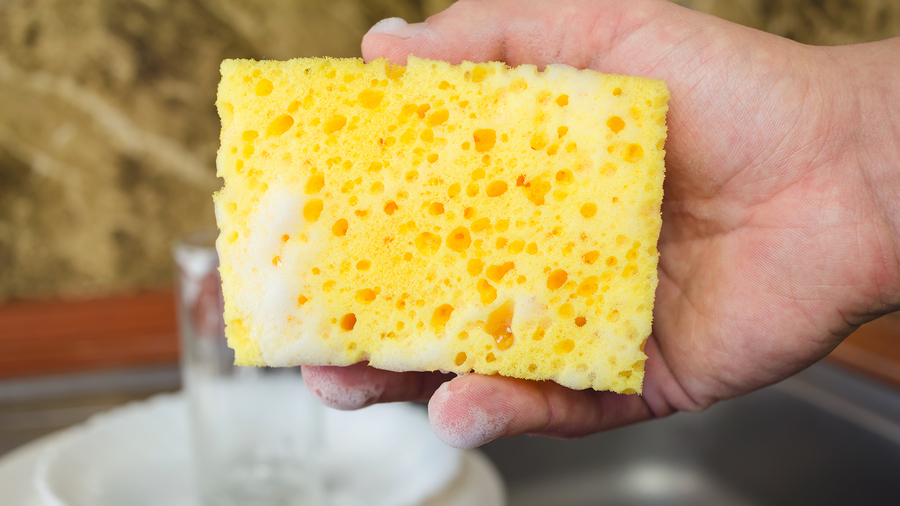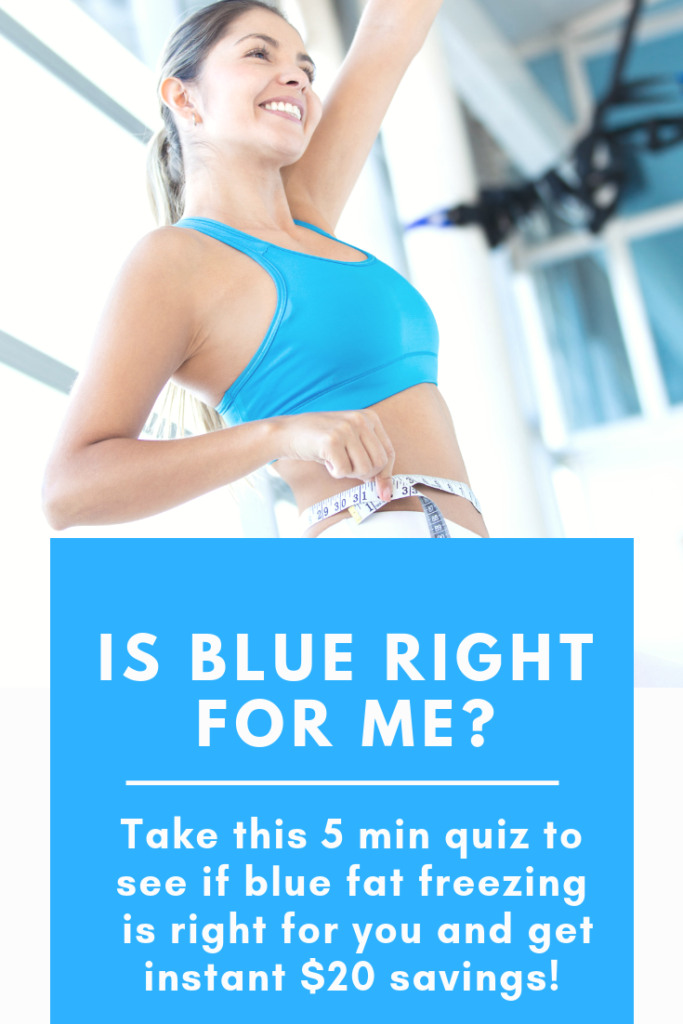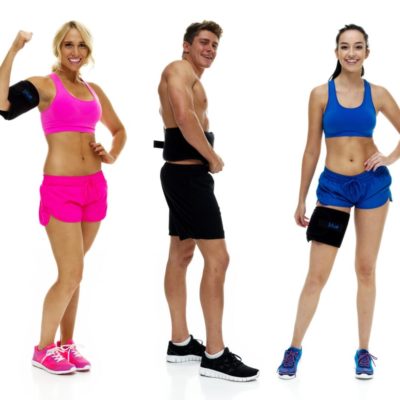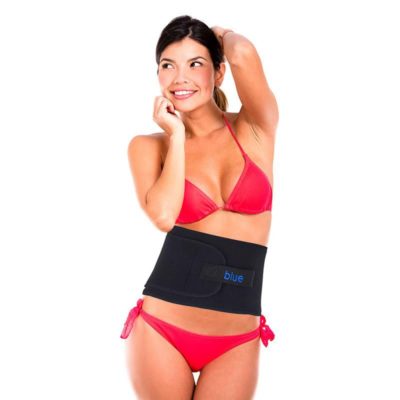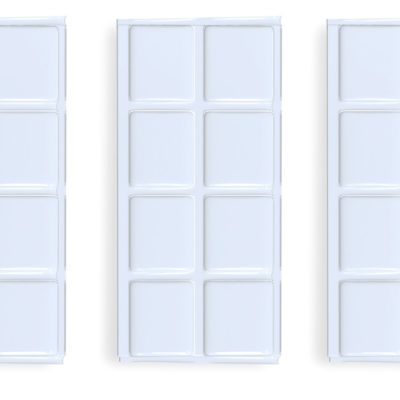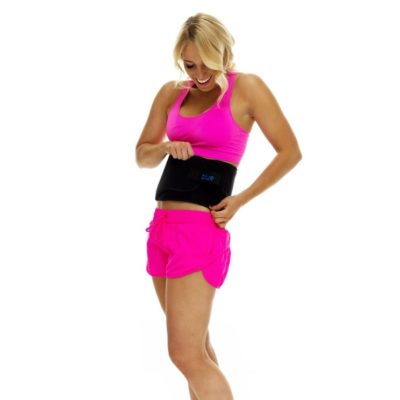Everyday Ways to Protect Your Health
Sure, it’s great to get that gym time in or prepare a totally healthy meal, but don’t neglect the things that take only a matter of minutes in the ordinary course of your day to improve your health.
Wash your hands
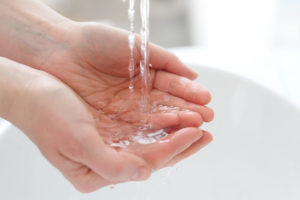
You will be less susceptible to many diseases and medical conditions if you wash your hands thoroughly with soap and running water. No soap or running water around? Use a hand sanitizer that contains at least 60% alcohol. Wash your hands:
- After using the toilet.
- Before, during, and after preparing food and before eating food.
- After blowing your nose, coughing or sneezing.
- Before and after caring for someone who is sick.
- Before and after treating a cut or wound.
- After touching an animal or animal waste.
Drink water

We are more likely to get our eight glasses of water in if we dress it up:
- Add a bit of lemon or cranberry juice, or stock up on any of the flavored waters that are calorie-free.
- Add slices of lemon, lime, orange, kiwi or cucumber to make the water more colorful and flavorful.
- Drop in a strawberry or a few blueberries or raspberries.
Foods such as watermelon, lettuce, carrots and broccoli are high in water content and count toward those eight glasses
Beware of “false hunger.” When you crave salty or sweet foods, it may be that your body is simply craving hydration. Before picking up the junk food, drink a glass of water. Click here for more ways to drink more water.
Protect your skin
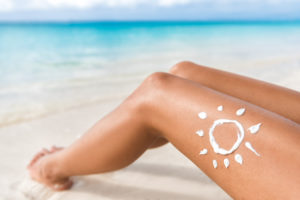
In addition to reducing the risk of skin cancer, sunscreen prevents visible signs of aging.
Sunscreen is not only for use in the summer and on the beach. Your skin needs to be protected from UV rays all year, even on days when the sun is not shining, because the rays reflect off of surfaces like water, cement, sand, and snow. In addition to sunscreen with a protection factor (SPF) of at least 15 and with broad spectrum protection (both UVA and UVB rays), here are other ways to keep your skin protected:
- Stay in the shade as much as possible, especially 10 a.m. to 3 p.m.
- Wear clothing that covers your arms and legs.
- Wear a hat with a wide brim to shade your face, head, ears, and neck.
- Wear wrap-around sunglasses that block both UVA and UVB rays.
Tanning beds or booths and sunlamps expose users to UV radiation. You are not getting a safe tan that way.
Keep your food safe
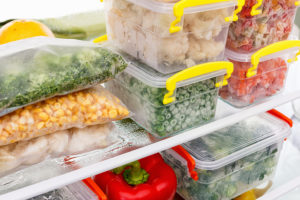
Each year, at least one in six Americans get sick from eating contaminated food, according to the Centers for Disease Control. To avoid food poisoning:
- Wash your hands, countertops, cutting boards, utensils and the like.
- Separate raw meat, poultry, seafood, and eggs from ready-to-eat foods in your shopping cart, refrigerator, and meal preparation area.
- Use a food thermometer to cook food to the right internal temperature to kill harmful bacteria.
- Refrigerate leftovers within two hours of cooking.
- Keep your refrigerator below 40o F.
Keep sponges disinfected
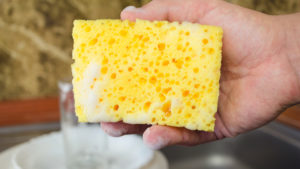
A sponge is likely the germiest thing in your home. In the kitchen, you use it to clean up blood from raw meat, grime and spills, and bacteria, mold and mildew love to settle into its moist and porous texture. Wet the sponge and microwave it for 30 seconds every evening or let it run through a dishwasher cycle. Be careful—let it sit there for a while. It’ll be hotter than you would expect. Replace any sponge (including bathroom) every two weeks.
Leave the world outside
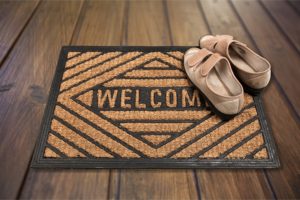
The Japanese have been leaving their shoes at the door of their homes for time immemorial. Their tradition is based on honoring the purity of the home, but it is also a very practical way to keep from tracking in dirt of all kinds, lawn chemicals, allergens and outdoor pollutants that contaminate the home.
A bonus is that you can tie the ritual of leaving your shoes outside to a symbolic leaving behind of a stressful world and entering the comfort and safety of your home. You will feel the stress fade away as your shoes come off.
Take a deep breath
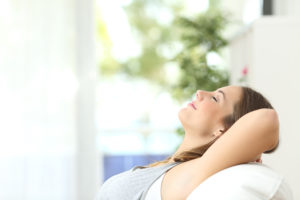
Once you are inside the sanctuary of your home, take a deep breath. Actually, throughout the day, stop to take a deep breath. It’s a quick, easy way to relax, and it will work even if you are stressed to the max. Deep breaths subdue the shallow gasps and racing heartbeat that stress brings, and they lower blood pressure and slow down the production of stress hormones that get you into “fight or flight” mode.



